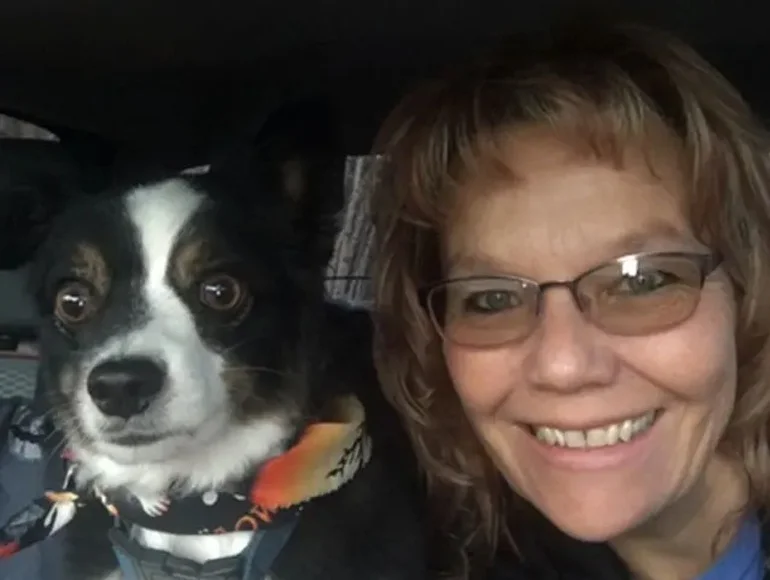
By Robin Russell, volunteer writer
Colorado has some of the best animal protection laws in the country. However, animal welfare agencies’ ability to enforce some of them has been limited until recently. I learned this from Bobbi Priestly, Director of Field and Equine Services for the Dumb Friends League (DFL) Harmony Equine Center and the Colorado Humane Society (CHS). As you may know, CHS (coloradohumane.org) is a program of the Dumb Friends League.
Bobbi explained the role the Dumb Friends League played in advocating for the new enhancements. The law, as originally written, described the Bureau of Animal Protection Agents’ authority as “assessing and inspecting” a situation, thus limiting their ability to investigate and enforce the law. Now, thanks to the work of Ali Mickelson, Director of Advocacy for the League, as well as animal welfare advocates in the State Legislature, agents can now “investigate and impound” animals who have experienced neglect or mistreatment. Subsequently, caseloads have increased by 68 percent.
One example of this was CHS and local law enforcement in Walsenburg working together to turn around a case in two days and impounding 81 cats from a collector. Not all situations are this dire; Bobbi explained that 98 percent of the cases they investigate are resolved through education. As you can imagine, CHS staff can experience severe compassion fatigue. For this reason, they’ve begun sharing “good news” follow-up stories and have access to counseling services provided by the League.
While most animal welfare laws in the U.S. are enacted and enforced at the state level, some laws are the responsibility of federal, county, or city governments. The differentiation comes with the type of animal the law applies to: wildlife, companion, or livestock — with some crossover. Examples include:
- U.S. Department of Agriculture has regulations that pertain to both companion animal facilities and to livestock.
- U.S. Fish and Wildlife Service and Colorado Division of Wildlife enforce legislation related to wildlife.
- County and city: Most municipalities in the state require cats and dogs to be vaccinated against rabies. Many require that pets be licensed and identified via a tag or microchip. Another example is the pit bull breed ban regulations that the League also effectively helped to change in Denver and Aurora.
For more information on Colorado Animal Law, please visit:
- PACFA (Pet Animal Care Facilities Act): CRS 35-80-101
- Criminal Animal Cruelty Statutes: CRS-18-9-201
For more information about the League’s advocacy work during the 2022 legislative session, visit ddfl.org/news/pawlicy-post-thats-a-wrap/. If you’re interested in helping DFL shape the laws and policies that impact animal welfare, consider joining the GROWL [Grassroots Outreach With (the) League] group. The GROWL group is a wonderful way for our passionate volunteers, staff, and supporters to engage in public policy. Participation could include contacting your legislators, writing a letter to the editor, posting on social media, or attending government hearings. It’s up to you how much time you want to invest — and every little bit helps.
Finally, did you know cats and dogs who are adopted from Colorado animal shelters and rescue groups are declared to be the state pets of Colorado? It’s the law!
